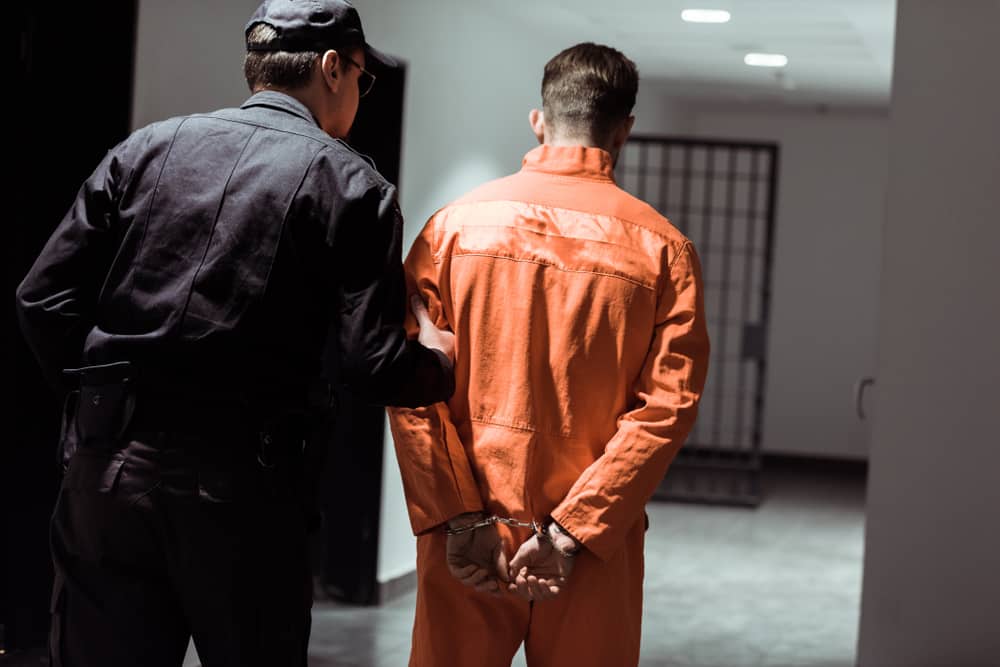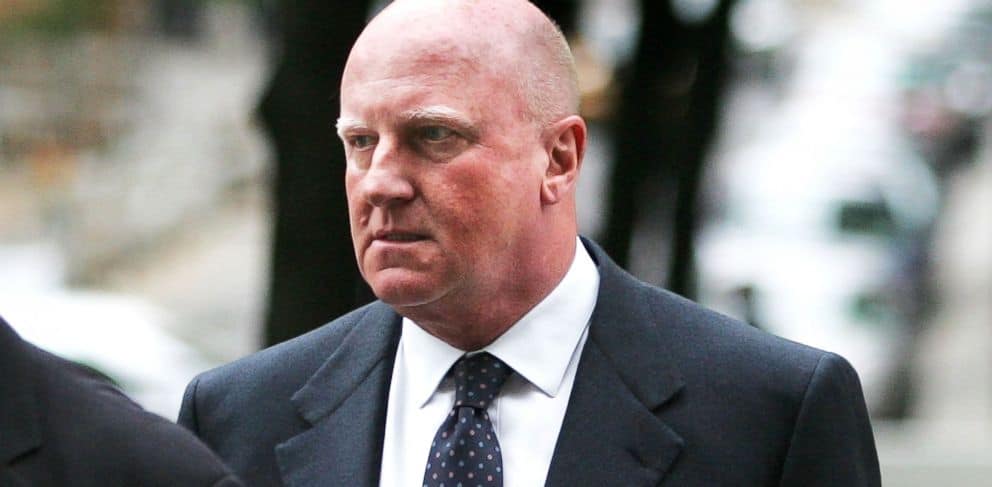“Nice guys finish last,” is unfortunately how the saying goes. Many billionaires, CEOs, and tycoons have broken the law to avoid finishing last. Some of the world’s wealthiest people got in hot water by committing corporate fraud and landed behind bars. Check out this who’s who list of very wealthy individuals who were found guilty.
These standalone tycoons realized huge risks were necessary to create multimillion-dollar enterprises. In their drive to build a business empire, they broke the law in the process. They aren’t like those entrepreneurs who started a small business in their basements and made millions of dollars. Take a look at 25 well-known entrepreneurs who broke the law with financial crimes trying to make a fortune via CBS News here.

25. Dennis Kozlowski
Kozlowski was the CEO and chairman of Tyco International Plc, a fire protection and security systems corporation. However, police charged him with embezzling over $150 million. Furthermore, the judge convicted him of this crime. Ex-CFO Mark H. Swartz, was also guilty of misappropriating nearly $134 million. Both served a prison term of 25 years. Investigations revealed the duo received $81 million in kickbacks in the form of illegal bonuses.

Kozlowski and Swartz refuted the charges by iterating that Tyco’s board of directors had offered and sanctioned the paybacks. New Hampshire Federal courts authorized a class action suit settlement wherein Tyco was directed to reimburse $2.92 billion to shareholders. Kozlowski bought yachts and property in New York with the millions he misappropriated, mainly from 1999-2001. Despite all of his crimes, Kozlowski was still granted parole on January 17, 2014.
